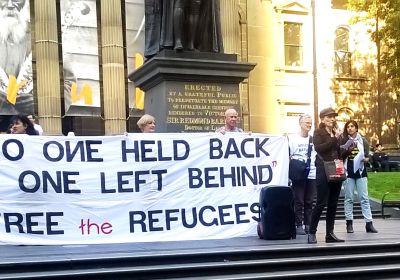
The Refugee Action Collective organised a vigil to commemorate the tenth anniversary of the murder of Iranian Kurdish refugee Reza Barati by guards at the Australian-run detention centre on Manus Island, writes Chris Slee.

The Refugee Action Collective organised a vigil to commemorate the tenth anniversary of the murder of Iranian Kurdish refugee Reza Barati by guards at the Australian-run detention centre on Manus Island, writes Chris Slee.
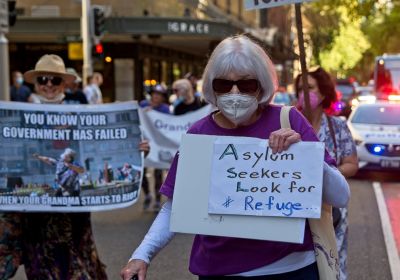
When it comes to the business of politicising the right to asylum, no country jettisons the key principles of international law better than Australia, argues Binoy Kampmark.
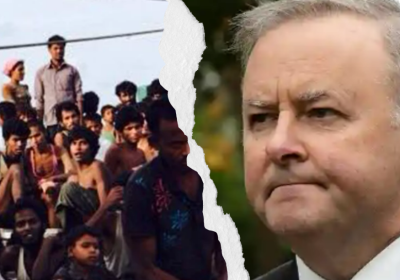
Boat turn-backs don’t save lives at sea. The real meaning of this barbaric practice has always been “Fuck off and die somewhere else”, argues Sam Wainwright.
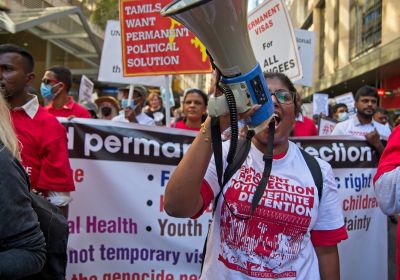
The Tamil Refugee Council held a speak-out to mark Tamil Genocide Day before a refugee rights rally on the UN declared day for the elimination of racial discrimination. Pip Hinman reports.
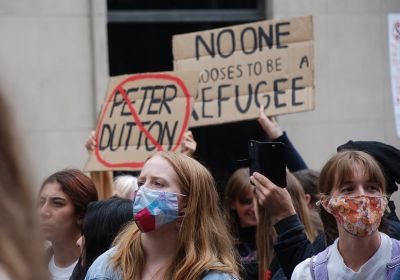
Devron Brock is one of many people who never planned on becoming an activist, but the ongoing bipartisan cruelty to refugees has turned her into one.
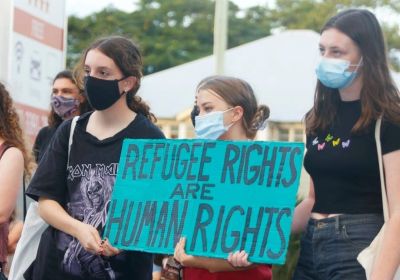
For the world's most persecuted people, the prospect of a return to 'normal' after the pandemic does not look very bright, writes Joanna Psaros.

Labor needs to break the bipartisan consensus and end its support for mandatory detention and boat turn-backs, argues Alex Bainbridge.

The Aviation Tourism package comes with no obligations to protect jobs. Jim McIlroy argues it is another handout to big business.

Frederika Steen, Ian Rintoul and Alex Bainbridge speak about the latest developments following the release of twenty-five refugees from Kangaroo Point and Brisbane Immigration Transit Acommodation..
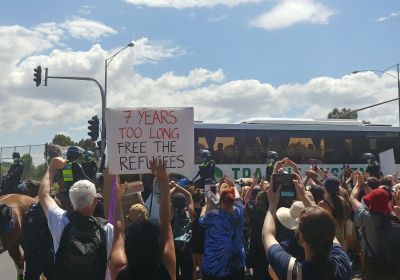
Chloe DS reports that refugees were forcibly transferred under excessive police presence from the Mantra hotel in Melbourne's north to a former COVID-19 hotspot in the CBD.
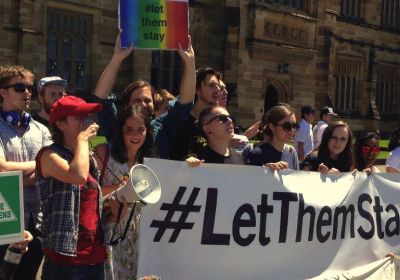
How did Australia go from a place where its migrant hostels fostered some of the world’s most famous bands to one where the detentions centres it presides over are described as “hell on Earth”? Zebedee Parkes takes a look at the history of mandatory detention and the struggle against it.